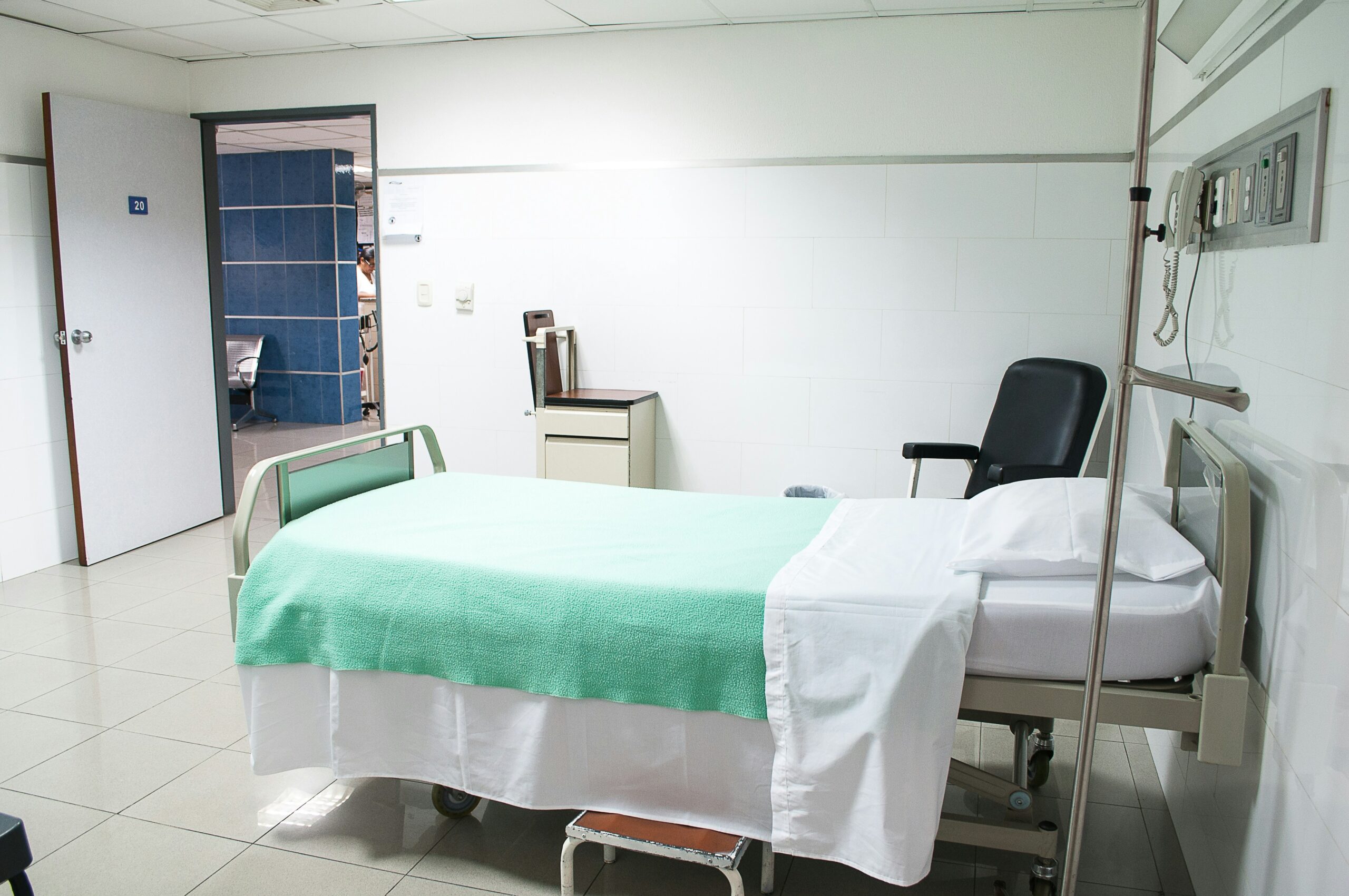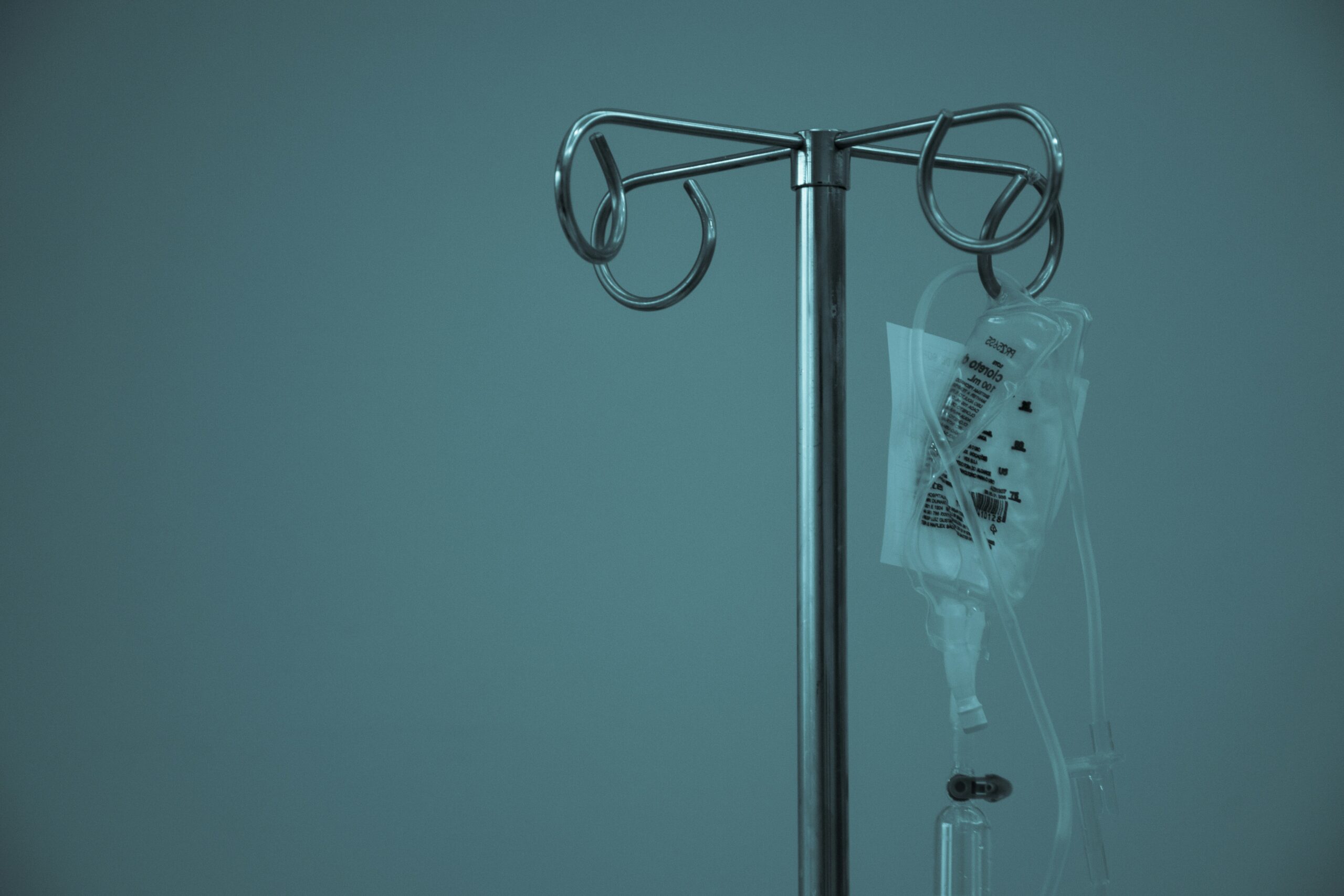Have you ever wondered what exactly testosterone is and what it does in the human body? Testosterone is a hormone that plays a crucial role in various aspects of our health and well-being. From enhancing muscle strength and increasing bone density to influencing our mood and sex drive, it has a significant impact on both men and women. In this brief article, we will explore the fascinating world of testosterone and unveil the important ways it influences our bodies and lives. So, let's dive in and discover the wonders of this vital hormone! Testosterone is a hormone that plays a significant role in the development and maintenance of various aspects of the human body. It is commonly associated with males and is primarily produced in the testicles, but it is also present in smaller amounts in females, produced by the ovaries and the adrenal glands. Testosterone belongs to a class of hormones called androgens, which are responsible for the development of male characteristics.
Chemical Structure of Testosterone
Testosterone is a steroid hormone that is derived from cholesterol. Its chemical structure consists of 19 carbon atoms arranged in a specific pattern, with various functional groups attached. These structural features allow testosterone to interact with specific receptors in the body, triggering a wide range of physiological responses.
Types of Testosterone
There are different forms of testosterone present in the body. The most abundant type is called testosterone bound to sex hormone-binding globulin (SHBG). This bound testosterone is not readily available for use in the body. Another form is testosterone bound to albumin, which is weakly bound and can be readily converted into free testosterone. Lastly, there is free testosterone, which is not bound to any proteins and is the biologically active form.
Importance of Testosterone
Testosterone plays a vital role in numerous bodily functions, including the development of male reproductive tissues, such as the testes and prostate, and the promotion of secondary sexual characteristics like body hair growth and voice deepening. Additionally, testosterone is involved in regulating muscle mass and strength, bone density, and red blood cell production. It also impacts mood, cognitive function, and overall well-being.
Biosynthesis of Testosterone
Testosterone synthesis originates primarily in the Leydig cells of the testes in males and the ovaries in females. In males, the production process begins with the release of luteinizing hormone (LH) from the pituitary gland, which stimulates the Leydig cells to produce testosterone. In females, the production of testosterone occurs in the ovaries and adrenal glands, also under the influence of LH.
The biosynthesis of testosterone involves a series of enzymatic reactions, starting with cholesterol being converted into another hormone called pregnenolone. Pregnenolone is then transformed into several intermediate hormones, eventually leading to the synthesis of testosterone. The proper functioning of these enzymes and the availability of precursors, such as cholesterol, are essential for the synthesis of testosterone.
Factors Affecting Testosterone Synthesis
There are several factors that can affect testosterone synthesis in the body. One crucial factor is age, as testosterone levels naturally decline with age, particularly in males. Other factors include lifestyle choices, such as diet and exercise, stress levels, environmental exposures, and underlying medical conditions. Hormonal imbalances, such as low levels of luteinizing hormone or problems with the pituitary gland or testes, can also impact testosterone production.

Regulation of Testosterone
Testosterone levels in the body are regulated by an intricate system of control mechanisms. The hypothalamus and pituitary gland play key roles in this regulation. The hypothalamus releases gonadotropin-releasing hormone (GnRH), which stimulates the pituitary gland to release luteinizing hormone (LH) and follicle-stimulating hormone (FSH). LH acts on the Leydig cells in the testes to stimulate testosterone production. FSH, on the other hand, is involved in the production of sperm.
Role of Hormones in Testosterone Regulation
Hormones, like estrogen and progesterone in females, also play a role in regulating testosterone levels. These hormones can influence the production and availability of testosterone in the body. Additionally, other hormones, such as cortisol and insulin, can impact testosterone synthesis and metabolism. Imbalances in these hormone levels can lead to fluctuations in testosterone.
Impact of Age on Testosterone Regulation
As mentioned earlier, age has a significant impact on testosterone regulation. Testosterone levels typically peak during adolescence and early adulthood, and then gradually decline as a person ages. This decline in testosterone is a natural part of the aging process and is commonly referred to as andropause in men. The decline in testosterone with age can result in various symptoms, such as decreased energy, reduced libido, muscle loss, and changes in mood and cognition.
Functions and Effects of Testosterone
Testosterone plays a crucial role in various functions within the body. In men, it is essential for the development and maintenance of the male reproductive system, including the production of sperm. It also influences sexual function, such as sex drive and erectile function. Additionally, testosterone contributes to the growth and maintenance of muscle mass and bone density, promoting strength and overall physical well-being.
Furthermore, testosterone has impacts beyond the physical realm. It has been associated with certain psychological traits, such as confidence, motivation, and assertiveness. Adequate levels of testosterone are also believed to have a positive influence on mood, cognition, and overall psychological health.
Slowing of Aging Process by Testosterone
Testosterone has been linked to the aging process, with studies suggesting that maintaining optimal levels of testosterone may slow down certain aspects of aging. Adequate testosterone levels can help preserve muscle mass and strength, promote bone health, and support cognitive function.
Additionally, testosterone is involved in collagen synthesis, which is essential for maintaining the elasticity and firmness of the skin. It also plays a role in regulating fat distribution in the body, with lower testosterone levels potentially contributing to increased abdominal fat.

Influence on Behavior and Psychological Health
Testosterone has long been associated with influencing behavior and psychological health. Studies have shown a correlation between lower levels of testosterone and conditions such as depression, anxiety, and decreased motivation. Testosterone replacement therapy has even been explored as a potential treatment for certain mental health disorders.
It is important to note that while testosterone may influence behavior and mental well-being, it is just one factor among many that contribute to psychological health. Factors like genetics, environment, and individual experiences also play significant roles.
Disorders Related to Testosterone
Both low and high levels of testosterone can lead to various disorders and side effects. Low testosterone, known as hypogonadism, can cause symptoms such as decreased libido, erectile dysfunction, fatigue, depression, and loss of muscle mass. On the other hand, high levels of testosterone, although less common, can result in excessive hair growth, acne, mood swings, and even aggression.
Other conditions related to testosterone include polycystic ovary syndrome (PCOS) in women, which is characterized by hormonal imbalances and can lead to symptoms such as irregular periods, infertility, and excess hair growth. These disorders emphasize the importance of maintaining a balanced level of testosterone for overall health and well-being.
Testosterone in Sexual Development
Testosterone plays a crucial role in sexual development and maturation. During puberty, testosterone is responsible for the development of primary and secondary sexual characteristics in males. It promotes the growth of the penis and testes, as well as the development of facial and body hair.
In females, testosterone also contributes to sexual development. It helps in the growth of pubic hair and the development of the breasts. However, the levels of testosterone in women are typically much lower than in men.
Testosterone and Sex Drive
One of the most commonly known effects of testosterone is its influence on sex drive or libido. Testosterone is believed to play a significant role in promoting sexual desire in both men and women. Adequate levels of testosterone are essential for maintaining a healthy sex drive and overall sexual function.
It is important to note that while testosterone plays a role in sexual desire, many other factors can also impact an individual's libido, such as stress, relationship dynamics, and overall physical and mental well-being.
Importance of Testosterone in Reproductive Functions
Testosterone plays a crucial role in reproductive functions in both men and women. In men, it is essential for the production and maturation of sperm, as well as the proper functioning of the male reproductive system. Testosterone levels are closely linked to fertility and the ability to reproduce.
In women, testosterone is involved in the regulation of ovarian function and the menstrual cycle. It also contributes to the development of the uterine lining during the menstrual cycle. Adequate levels of testosterone are necessary for maintaining optimal reproductive health in both genders.

Testosterone and Men's Health
Testosterone has a significant impact on various aspects of men's health. It is known to play a role in prostate health, as low levels of testosterone have been associated with an increased risk of prostate problems, including enlargement and cancer. However, the relationship between testosterone and prostate health is complex, and more research is needed to fully understand it.
Testosterone also plays a role in maintaining bone health in men. It helps stimulate bone growth and mineralization, thus reducing the risk of osteoporosis and fractures. Additionally, adequate testosterone levels are essential for the maintenance of muscle mass and strength, promoting overall physical well-being.
Testosterone in Women
While testosterone is often considered a male hormone, it also plays a vital role in women's health. In females, testosterone is mainly produced in the ovaries and adrenal glands. It contributes to sexual function and libido, helps maintain bone density, and supports overall well-being.
Function of Testosterone in Women
In women, testosterone contributes to the development and maintenance of sexual desire. Adequate testosterone levels are necessary for a healthy sex drive, and imbalances can lead to decreased libido and sexual satisfaction. Testosterone also plays a role in the growth and maintenance of muscle mass, promoting overall physical strength and functionality.
Disorders Related to High or Low Testosterone in Women
Both high and low levels of testosterone in women can lead to various disorders and health concerns. High levels of testosterone, often seen in conditions like polycystic ovary syndrome (PCOS), can result in symptoms such as irregular periods, acne, excess hair growth, and infertility.
Low levels of testosterone in women can occur due to various factors, such as ovarian dysfunction or certain medical treatments. Symptoms of low testosterone in women may include decreased libido, fatigue, mood changes, and loss of muscle mass. It is crucial for women to maintain a balanced level of testosterone for optimal health.
Importance of Balanced Testosterone in Women
Balanced testosterone levels are essential for women's overall health and well-being. While testosterone is often associated with male characteristics, it also has important functions in females. Adequate testosterone levels contribute to sexual desire, muscle strength, bone density, and overall vitality. Imbalances in testosterone can lead to various health concerns, emphasizing the significance of maintaining a delicate hormonal balance.
Measurement of Testosterone Levels
Testosterone levels can be measured through various tests. Blood tests are the most common method for measuring testosterone levels in the body. These tests usually measure the total testosterone level, but they can also measure the levels of free testosterone or testosterone bound to SHBG.
Testosterone Tests and Diagnosis
To diagnose conditions related to testosterone, healthcare professionals may order testosterone tests. These tests can help determine if there are imbalances in testosterone levels that may be contributing to specific symptoms or health concerns. It is important to consult with a medical professional for proper interpretation of test results and guidance on potential treatment options.
Interpretation of Testosterone Test Results
The interpretation of testosterone test results depends on various factors, including the individual's age, sex, and specific symptoms or concerns. Testosterone levels can vary throughout the day, and they also change with age. Comparing test results to established reference ranges and considering the individual's health profile can help determine if testosterone levels are within the normal range or if further investigation is necessary.
Treatment for Abnormal Testosterone Levels
Abnormal levels of testosterone may require medical intervention. For individuals with low testosterone levels, testosterone replacement therapy may be prescribed. This therapy can be administered through various methods, such as injections, gels, patches, or pellets. The goal is to restore testosterone levels to a healthy range and alleviate associated symptoms.
Managing high testosterone levels often involves addressing the underlying cause, such as treating conditions like PCOS or certain tumors. Healthcare professionals may also suggest lifestyle modifications, such as changes in diet or exercise, to help regulate testosterone levels.
Boosting Testosterone Levels
There are natural ways to boost testosterone levels, which can be beneficial for individuals with lower than optimal levels. Regular exercise, especially resistance training, has been shown to increase testosterone levels. A healthy diet, with adequate intake of essential nutrients like zinc and vitamin D, can also support testosterone production. Sufficient sleep, stress management, and maintaining a healthy weight are additional lifestyle factors that can positively impact testosterone levels.
In some cases, medical supplementation may be considered to boost testosterone levels. Testosterone replacement therapy, under the guidance of a healthcare professional, can help restore testosterone to appropriate levels when necessary.
Effects of Testosterone Boosting Activities on Health and Wellbeing
Engaging in activities that promote healthy testosterone levels can have positive effects on overall health and well-being. Adequate testosterone levels are associated with increased energy, improved mood, better cognitive function, and enhanced physical performance. However, it is important to approach testosterone boosting activities with caution and under the guidance of a medical professional to ensure safety and optimal results.
In conclusion, testosterone is a hormone with a wide range of functions and effects in the human body. It plays a crucial role in the development and maintenance of various aspects of male and female physiology. Understanding the chemical structure, biosynthesis, regulation, and effects of testosterone is vital for comprehending its importance in sexual development, reproduction, and overall health. Recognizing the potential disorders related to testosterone and how to measure and manage testosterone levels is essential for maintaining a delicate hormonal balance. By taking appropriate measures to support testosterone levels, individuals can positively impact their physical and psychological well-being.

